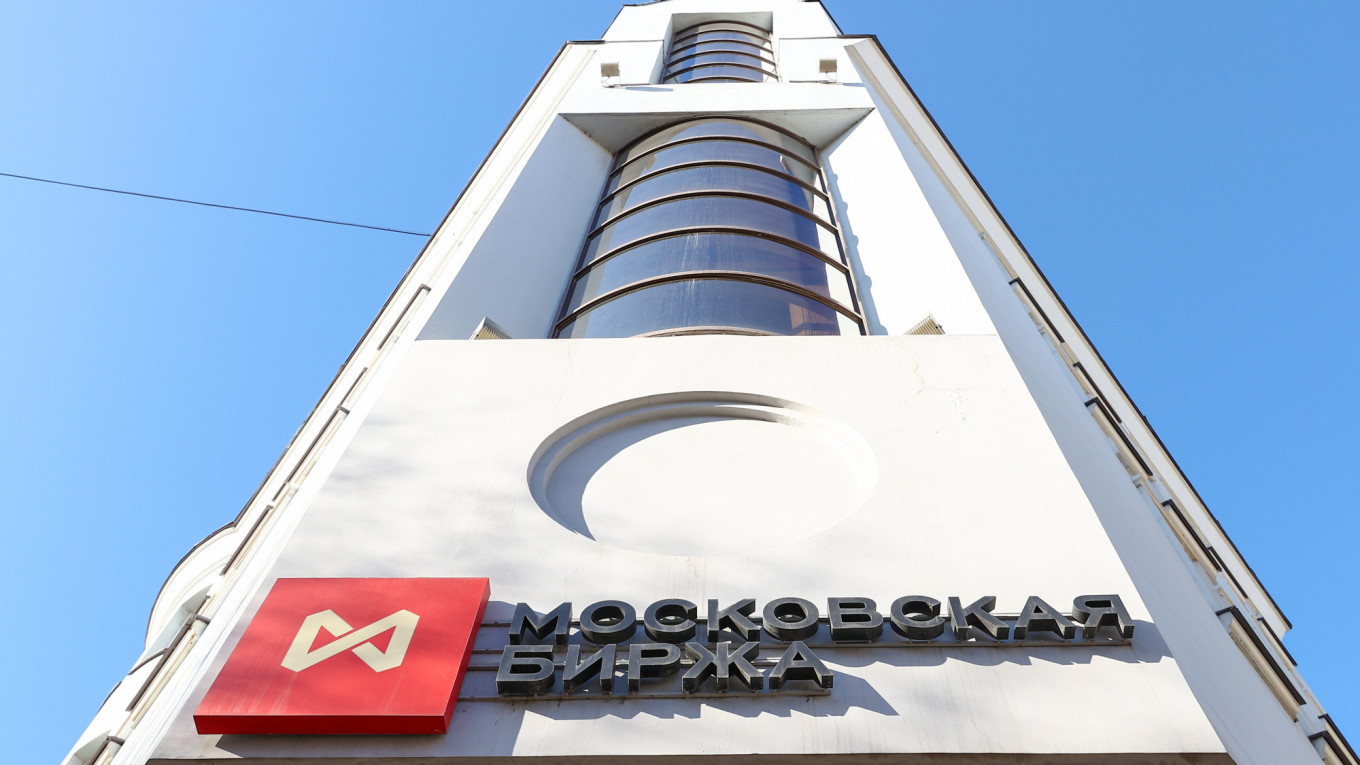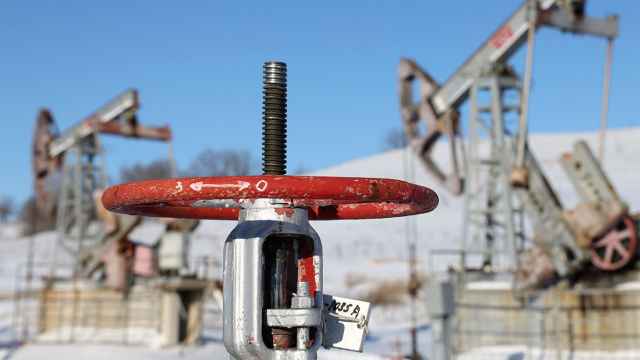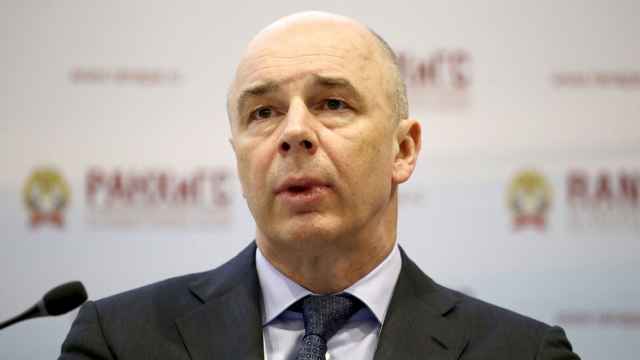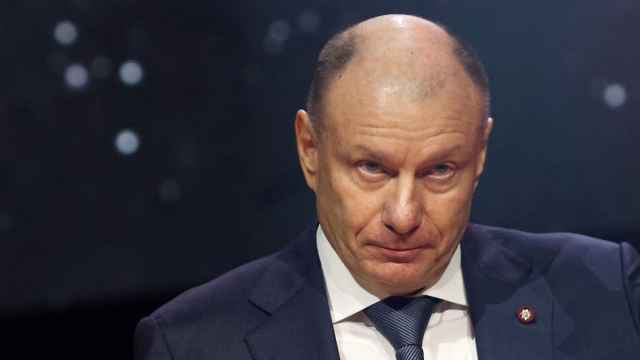Updated at 5:24 p.m. on June 27 to add Russia's denial.
Russia shot down reports that it defaulted on its external debt Monday, after a deadline on $100 million in interest payments passed.
Bloomberg had earlier reported that Russia has defaulted on its foreign debt after the expiration of the grace period on about $100 million in interest Sunday evening, in what would mark its first such default since the Bolshevik revolution in 1918.
The Kremlin dismissed the reports, saying the payment had been made in foreign currency in May.
“There are no grounds to call this situation a default,” Kremlin spokesman Dmitry Peskov told reporters.
“The fact that the funds have not been transferred to the recipients is not our problem.”
Russian Finance Minister Anton Siluanov echoed the comments, saying: "Everyone who understands, will know that this is not a default.”
According to the Finance Ministry, Russia sent the payments on its international bonds on May 20, but that the money did not reach its final recipients as international clearance systems did not authorize the payment.
Russia has been cut off from the global financial system as a result of Western sanctions on the country for its invasion of Ukraine in late February.
“It’s going to be one of the big watershed defaults in history,” Hassan Malik, senior sovereign analyst at Loomis Sayles & Company LP, told Bloomberg of the reported default.
“It’s a very, very rare thing, where a government that otherwise has the means is forced by an external government into default,” Malik said.
Russia could be formally declared in default if 25% of its creditors say they did not get their money. Provisions stipulate that Russia’s other foreign bonds could also be in default in that event, and bondholders could seek repayment through court.
Siluanov last week warned that a declaration of default through courts would be "tantamount to severing diplomatic ties and entering into direct conflict."
“And this would put us in a different world with completely different rules. We would have to react differently in this case — and not through legal channels,” Siluanov said Thursday.
It would be Russia's first major foreign debt default since 1918, when Bolshevik leader Vladimir Lenin refused to recognize the obligations of the deposed tsar's regime.
Russia suffered a default on public and private debt during the economic collapse of 1998.
Russia’s Finance Ministry has said it switched to a new payment system Wednesday, after the U.S. ended an exemption allowing Moscow to make the payments in dollars held in Russia.
Under the new system, the ministry transfers the ruble equivalent of the debt coupon's value to the Moscow-based National Settlement Depository that reimburses creditors in rubles at the rate of the Central Bank.
AFP contributed reporting.
A Message from The Moscow Times:
Dear readers,
We are facing unprecedented challenges. Russia's Prosecutor General's Office has designated The Moscow Times as an "undesirable" organization, criminalizing our work and putting our staff at risk of prosecution. This follows our earlier unjust labeling as a "foreign agent."
These actions are direct attempts to silence independent journalism in Russia. The authorities claim our work "discredits the decisions of the Russian leadership." We see things differently: we strive to provide accurate, unbiased reporting on Russia.
We, the journalists of The Moscow Times, refuse to be silenced. But to continue our work, we need your help.
Your support, no matter how small, makes a world of difference. If you can, please support us monthly starting from just $2. It's quick to set up, and every contribution makes a significant impact.
By supporting The Moscow Times, you're defending open, independent journalism in the face of repression. Thank you for standing with us.
Remind me later.






